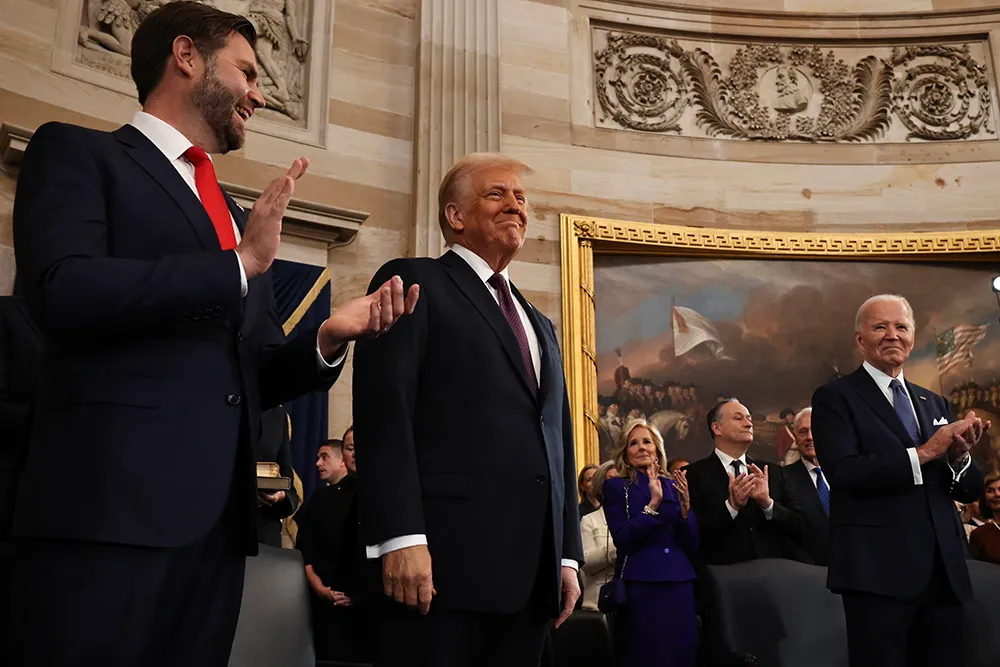Editorial
In the wake of Donald Trump’s decisive win in the 2024 U.S. elections, countries around the globe are reassessing their political strategies to effectively engage with the newly re-elected president. Even leaders from Europe, who once criticized Trump, are extending traditional congratulations, preparing for his resurgence in the White House. As analyses multiply on how Trump might influence foreign policy, the unpredictability that has characterized his style makes accurate forecasts difficult.
For Pakistan, this political shift carries a distinct significance. Among supporters of the Pakistan Tehreek-e-Insaf (PTI), there is a growing sense of optimism that Trump’s presidency may lead to former Prime Minister Imran Khan’s release from imprisonment and potential reinstatement. This hope stems from Trump’s perceived affinity for Khan, cultivated during their past interactions, paired with the support PTI lobbyists have garnered for Trump in both the U.S. and U.K., banking on his electoral success.
While some commentators draw parallels between Khan’s magnetic appeal and Trump’s self-centered persona—highlighting Trump’s history of collaboration with similarly confident leaders like Vladimir Putin, Kim Jong-un, and Xi Jinping—PTI representatives have hastily downplayed these comparisons. They emphasize they do not relish expectations of preferential treatment from the Trump administration, suggesting that the challenges facing PTI will be navigated through domestic mechanisms. This prudence is a clear reflection of the PTI’s commitment to maintaining a nonpartisan stance in U.S. politics, a stance that is both respectful and considerate of the complexities of international relations.
Pakistan’s Foreign Office has taken a judicious approach by managing expectations. The Biden administration’s tenure saw U.S.-Pakistan relations reach unprecedented lows, marked by a noticeable distance from Islamabad. It remains to be seen if Trump’s approach will diverge from this trajectory. Nonetheless, U.S. military and security priorities are expected to remain consistent: staunch support for Israel, antagonism toward Iran, and a strategy of containing China and Russia—factors of substantial concern for Pakistan due to its geographical ties to Iran and proximity to China’s interests and Russia’s influence through Central Asia.
The Foreign Office’s emphasis on fostering a stable, cooperative relationship with the U.S. is well-founded, asserting that Pakistan-U.S. diplomacy will likely proceed along familiar pathways. As uncertainty looms, Pakistan—alongside the global community—cautiously anticipates Trump’s forthcoming actions, understanding the need to be prepared for any potential shifts in policy or strategy. This balance of hope and caution is a testament to the adaptability and resilience of Pakistan’s diplomatic approach.

















